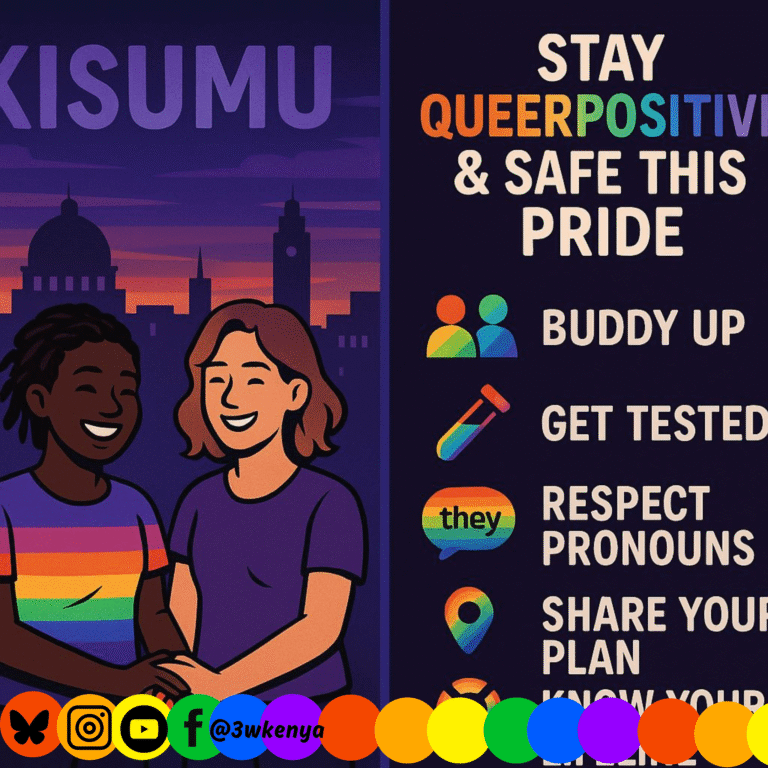Activism and Self-care
Why is Self-Care for Activists Important?
When concentrating on the needs of the community, it can be a challenge for many activists to recognize their own needs.
Self-care is defined as those activities that are done to improve your daily life. That improvement can be emotional, mental, social, spiritual, or physical. It is anything we do deliberately to take care of our physical and mental health. The primary purpose of self-care for activists is to recharge. It’s about knowing when to step back and replenish your resources so that you can stay passionate, engaged, and impactful over the long haul.
When you are involved in activism, community organizing, or social justice work, caring for yourself is tough. The emotional demands can quickly drain your energy reserves. Compassion fatigue, in which those who care for others gradually lose their compassion, is a real threat for people trying to heal a broken world. People who pour themselves into advocating for the less fortunate forget to prioritize their own needs. Burnout (physical or mental collapse caused by overwork or stress) continues to be a problem in both activism and the social service sector.
5 Basic Tips for Self-Care
- Honor your body’s needs
Your body needs constant nourishment, upkeep, and movement. That includes regular exercise, grooming, eating a nutritional diet, getting the right amount of sleep, and addressing health issues you may have. Listen to your body’s cues about what it needs to feel its best, and keep exploring until you find activities that make your body feel like a well-loved and comfortable home.
- Find your community
The best way to self-care for activists is to surround yourself with people who affirm your experiences and that are willing to accept you for who you are. Join communities that are as enthusiastic about inclusivity and justice as you are. At the same time, you want people who are compassionate and understand that self-care isn’t selfish—it creates the necessary strong foundation to being able to be of service to others.
- Limit the things that drain your energy
When you’re involved in advocacy or activism, there’s an expectation to always be working at 100%. The urgency of the issues you’re trying to solve can make it seem like there’s no time to rest. But energy is not an infinite gift. Activists who work too hard, too fast, will soon burnout unless they take breaks to recharge their batteries. Be conscious of the activities, people, and things that consume your energy in unfruitful ways. Create relationships that nourish you and give you a sense of purpose. Make time to rest and relax. Budget some alone time too.
- Avoid traumatic experiences
Disconnect yourself from interactions that elicit your flight or fight response. Find your personal safe spaces. Do not feel guilty about turning off news that is creating a roller coaster of emotions for you. Activists and can become numb to the suffering of others if they’re exposed to too much pain. Be mindful of your own thresholds. Give yourself permission to step back, knowing that in the long run this will actually help you stay more compassionate.
- Find help when you need it
When a crisis emerges in your life, be big enough to ask for help from your friends, family, and community. Don’t be embarrassed to seek professional help. Even if it’s not crisis-level, whenever something negatively affects your well-being you owe it to yourself to seek whatever help you need.
Remember that self-care is not selfish. You need to put your own oxygen mask on before you can help anyone else. Self-care is always about patience and practice. Repetition is the key to both a great life and self-care. If something does not work for you, find a substitute. The goal is persistence, not perfection.



